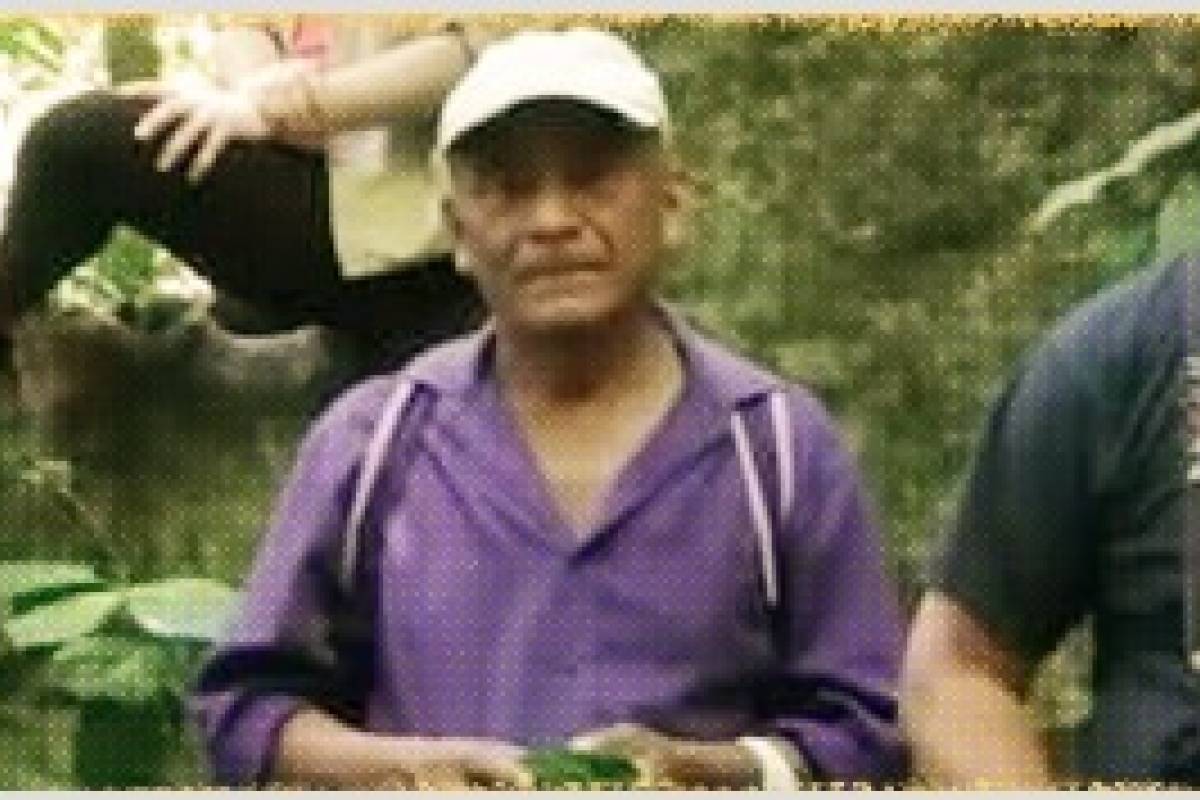RIO DE JANEIRO, BRAZIL – In Chimay, a village in the department of Petén in Guatemala, Mayan leader Domingo Choc Che was burned alive on June 6th after being accused of witchcraft. Four of the suspected murderers have since been arrested.
Several videos of his incineration can be seen on YouTube and Facebook and have gone viral in recent days. They show that a group of at least 30 people, including children, witnessed the lynching and shot videos with their mobile phone cameras.
Domingo Choc Che was allegedly blamed for the death of a chronically ill patient by relatives, who died in the hospital in Poptún the day before he was murdered.

One of the reasons for the suspicion of witchcraft is the strong presence of Evangelical churches, mostly Pentecostal, in the area. This leads to a conflict between individuals who follow the traditional Mayan faith and those who adhere to the strict monotheism of such churches. Now this conflict has ended in murder. Prensa Comunitaria reports in its analysis that over the past 20 years at least 20 Maya have been killed for practicing their traditional religion.
A Maya ceremony was held in Guatemala City on June 10th at the Central Park in order to draw attention to the fact that “Mayan Lives Matter” (‘Las Vidas Mayas Importan’) – following the slogan “Black Lives Matter”. In parallel, investigations against four of the perpetrators were announced. They were arrested that same morning.
As an expert in traditional Mayan medicine, Domingo Choc Che worked on a transdisciplinary project on naturopathy at the University of Zurich, University College London, and the Universidad del Valle of Guatemala. He was also a member of the Association of Spiritual Leaders Releb’aal Saq’e’, a kind of association of spiritual Mayan priests. In addition, as a staff member of the Archbishop of Guatemala’s Human Rights Office, he worked for about ten years with people who had been psychologically and physically traumatized by the civil war.

